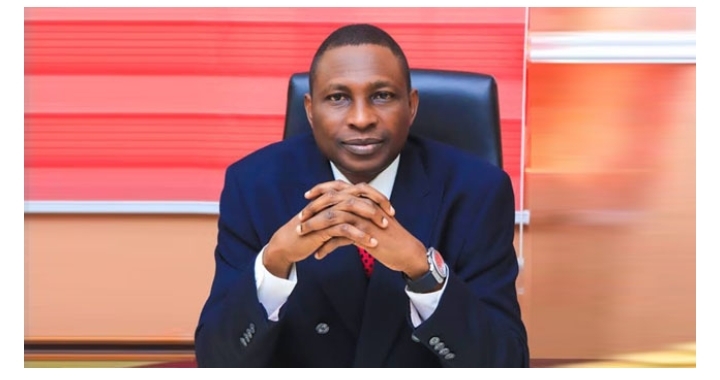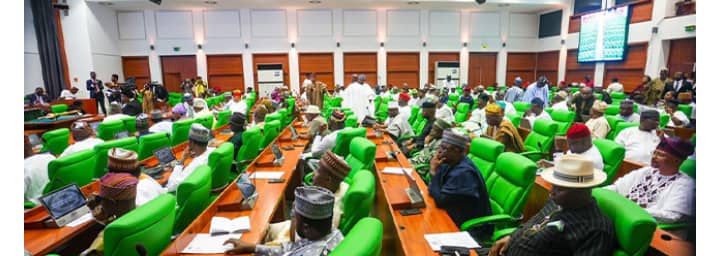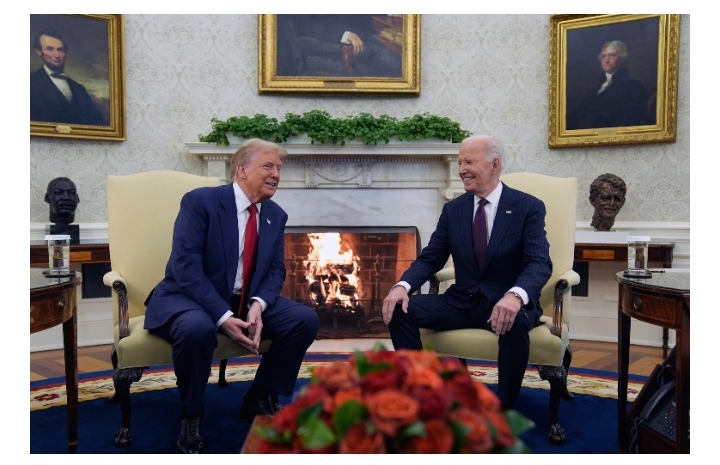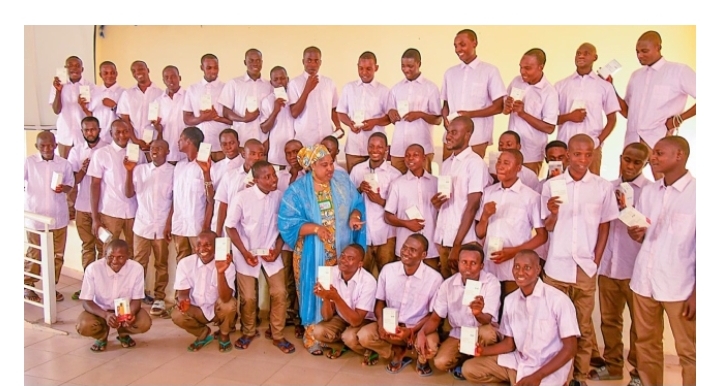EFCC Chairman Exposes Widespread Fraud in Nigeria’s Electricity Sector
In a recent statement, the newly appointed Chairman of the Economic and Financial Crimes Commission (EFCC), Ola Olukoyede, shed light on the alarming levels of corruption within Nigeria’s electricity sector. Olukoyede made these remarks during a visit by the House of Representatives Committee on Anti-Corruption and Financial Crimes to the EFCC’s headquarters in Abuja on Tuesday, November 13, 2024.
A Connection Between National Grid Failures and Fraud
Olukoyede linked the frequent collapse of Nigeria’s national power grid to fraudulent practices within the sector, particularly the use of substandard materials in critical infrastructure. He revealed that some contractors, entrusted with supplying essential electrical equipment, were cutting corners by using cheaper and inferior materials than originally specified in contracts.
“For instance, when contracts are awarded to supply equipment, instead of using the required 9.0 gauge materials, some opt for 5.0 gauge,” Olukoyede explained. He highlighted that these subpar materials were a key factor behind the repeated failures in the national grid, resulting in electrical outages, burnt equipment, and system malfunctions.
The EFCC chairman’s statement paints a concerning picture of the deep-rooted corruption that continues to hinder Nigeria’s power sector and contributes to the ongoing instability of the national grid.
A Shift Toward Proactive Crime Prevention
Beyond the issues in the power sector, Olukoyede also discussed the EFCC’s future direction, revealing that the agency will be focusing more on crime prevention rather than simply recovering stolen funds. He emphasized that the EFCC will increasingly monitor the financial activities of government ministries, departments, and agencies (MDAs) to ensure that public funds are properly managed and spent.
As Nigeria grapples with a series of challenges in the power sector, Olukoyede’s comments underline the urgent need for reforms to tackle both the fraudulent practices that undermine infrastructure projects and the broader systemic issues within the country’s governance structures.
### Conclusion
The revelations about corruption in the electricity sector point to a larger issue of accountability within Nigeria’s public sector. As the EFCC intensifies its investigations and takes a more proactive stance on crime prevention, the hope is that such efforts will bring about lasting changes in how government projects and resources are managed, ultimately leading to improved public services and a more reliable power supply for Nigerians.






